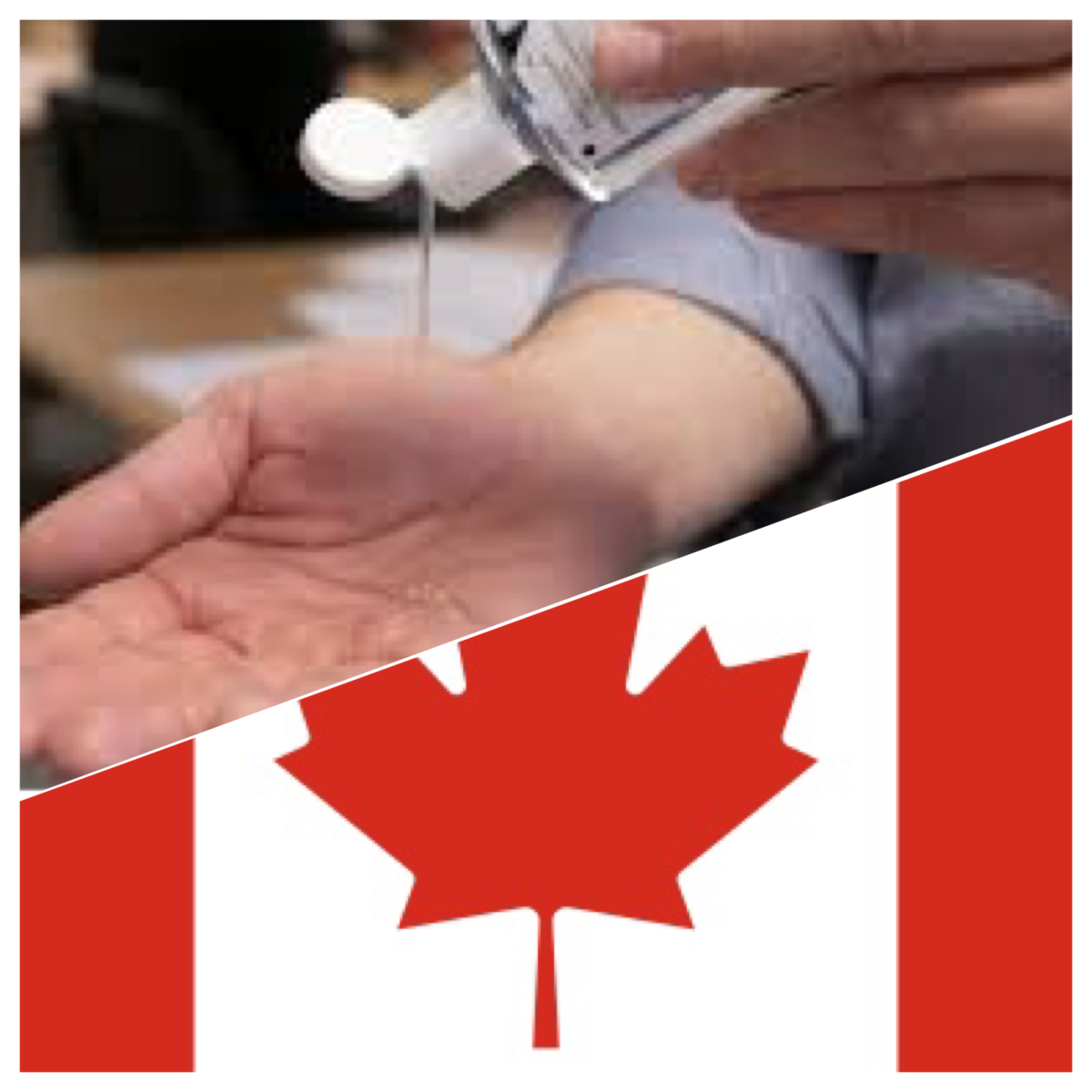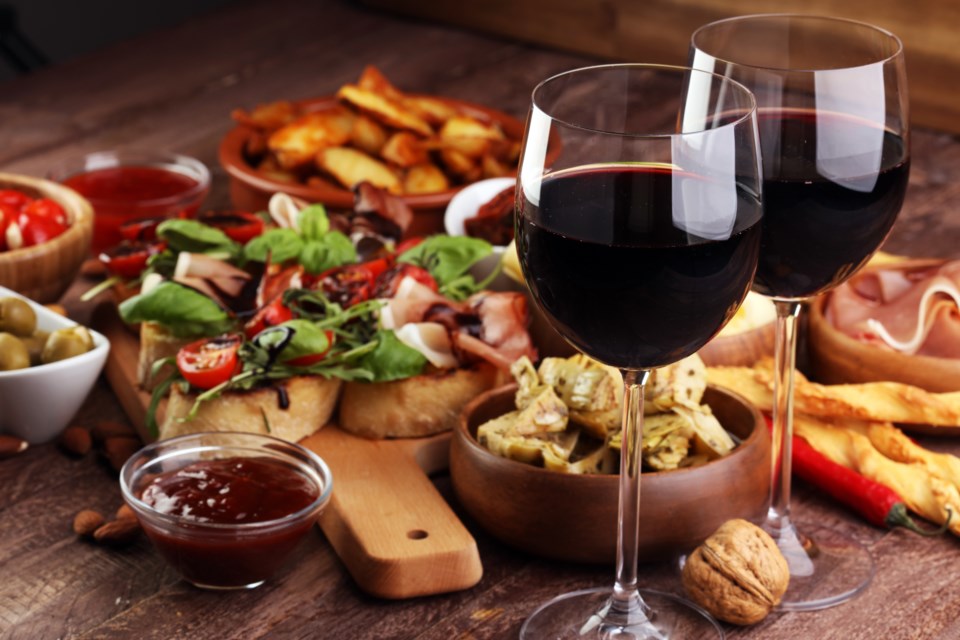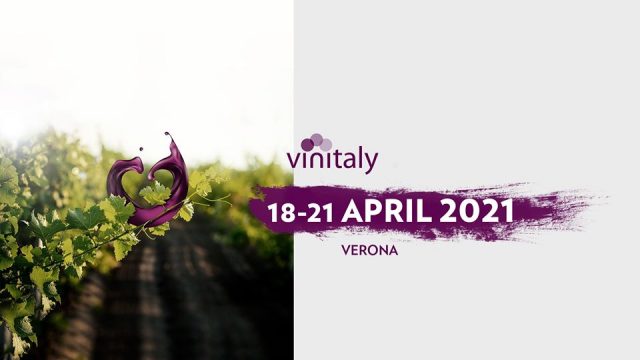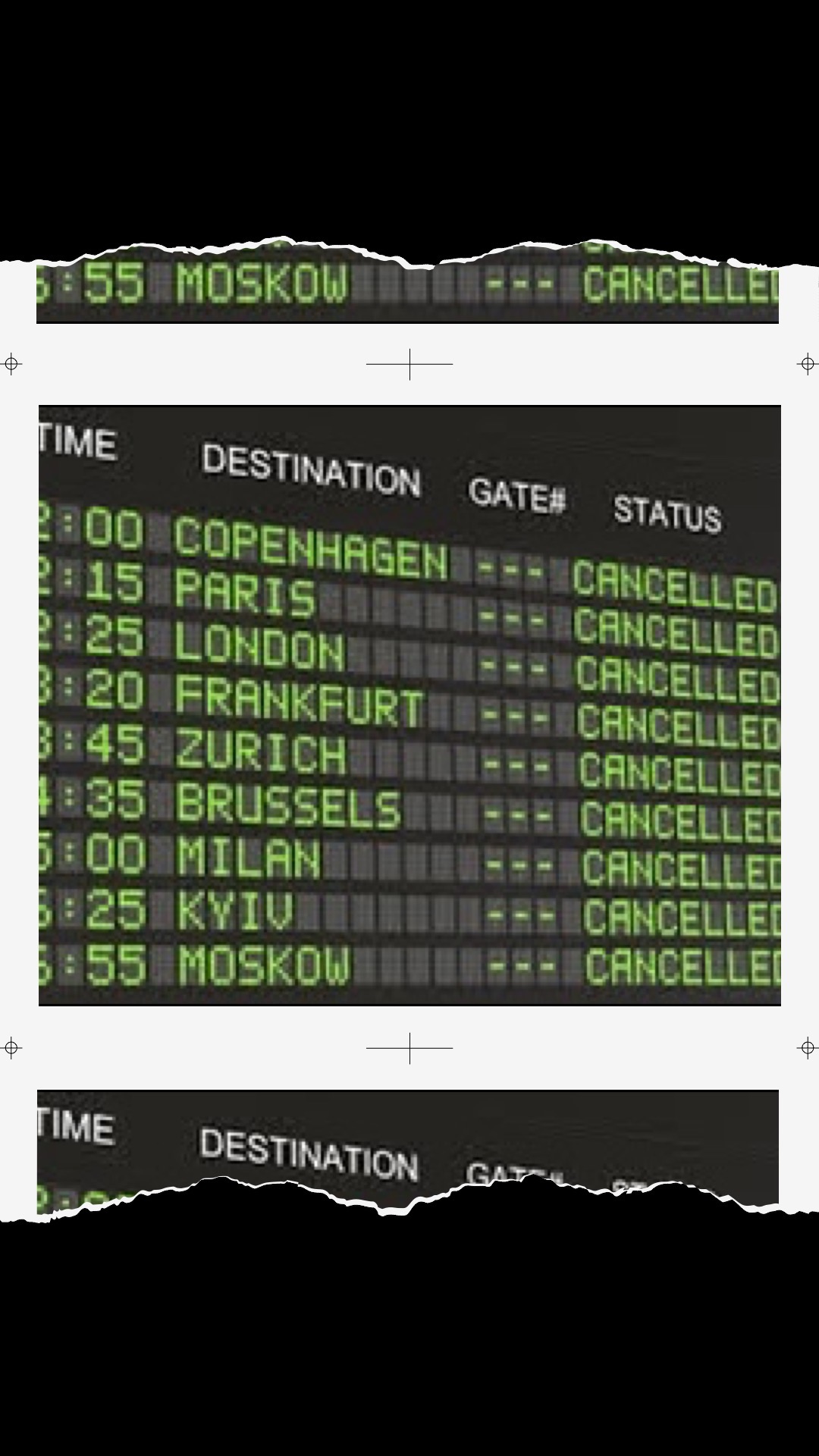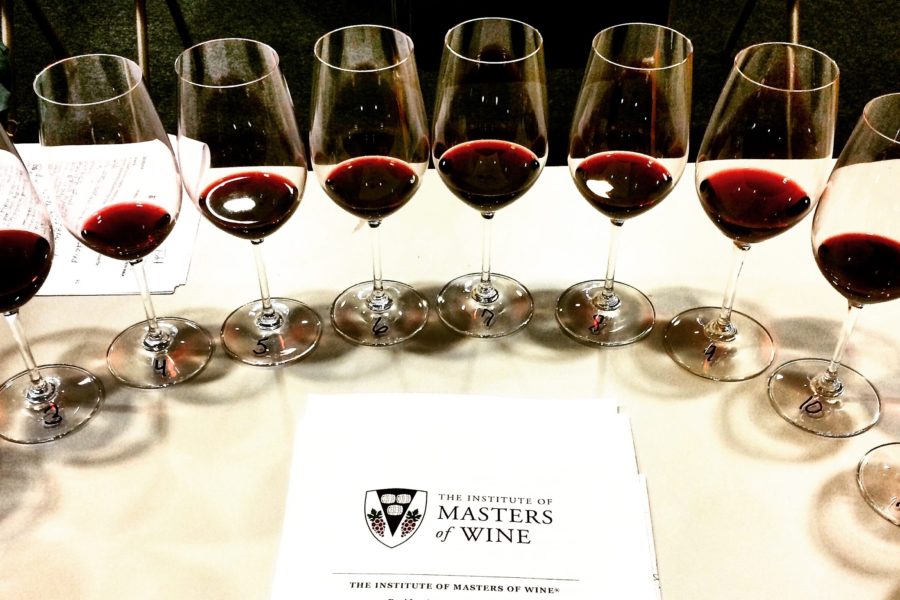Cosmetics Alliance Canada, the Canadian Consumer Specialty Products Association and Spirits Canada today launched the Hand-Sanitizer Manufacturing Exchange as part of their efforts to stop the spread of COVID-19.
Hand-sanitizers have been recognized as one of the effective tools in combatting the transfer of the COVID-19 virus and a measure that can be easily and safely utilized by everyone in stopping the spread of this disease.
“Our three organizations have come together to aid in faster, safer and effective scale-up of hand-sanitizer production across Canada”, said Cosmetics Alliance Canada CEO, Darren Praznik.
“People are coming together to do what they can in this crisis but Canadians need access to safe products. DIY hand-sanitizers, the latest trend on social media is at best ineffective against COVID-19 and at worst potentially dangerous. We pledge to do our best to ensure that Canadians have an adequate supply of safe and effective hand-sanitizer for you and your family,” says Shannon Coombs, President of CCSPA.
Developed in collaboration with Health Canada, the Exchange provides a single platform where firms interested in making hand-sanitizer or contributing to its manufacture will be able to exchange information to locate available materials, services or manufacturing capacity needed for production.
The initiative parallels Health Canada action expediting approvals of companies interested in making hand-sanitizer, a product regulated under Health Canada’s Natural Health Product Regulations, part of Canada’s Food and Drugs Act.
The Exchange reminds all interested parties that they should consult Health Canada’s March 24, 2020 bulletin outlining how hand-sanitizer products and the companies making them may seek expedited approvals.
Jan Westcott, CEO of Spirits Canada noted that “As governments all across Canada are mobilizing to ensure the supply of critical medical equipment and health products, we and our Cosmetics and Consumer Specialty Products partners are pleased to be able to do our part in helping with the disinfectant component of the fight.”
Joining the three Exchange developers are the Canadian Manufacturers and Exporters (CME) who will host the Exchange on their website.
Websites:
Cosmetics Alliance Canada – https://www.cosmeticsalliance.ca/
Canadian Consumer Specialty Products Association- http://www.ccspa.org/
Spirits Canada – https://www.spiritscanada.ca/
Canadian Manufacturers and Exporters – https://cme-mec.ca/

